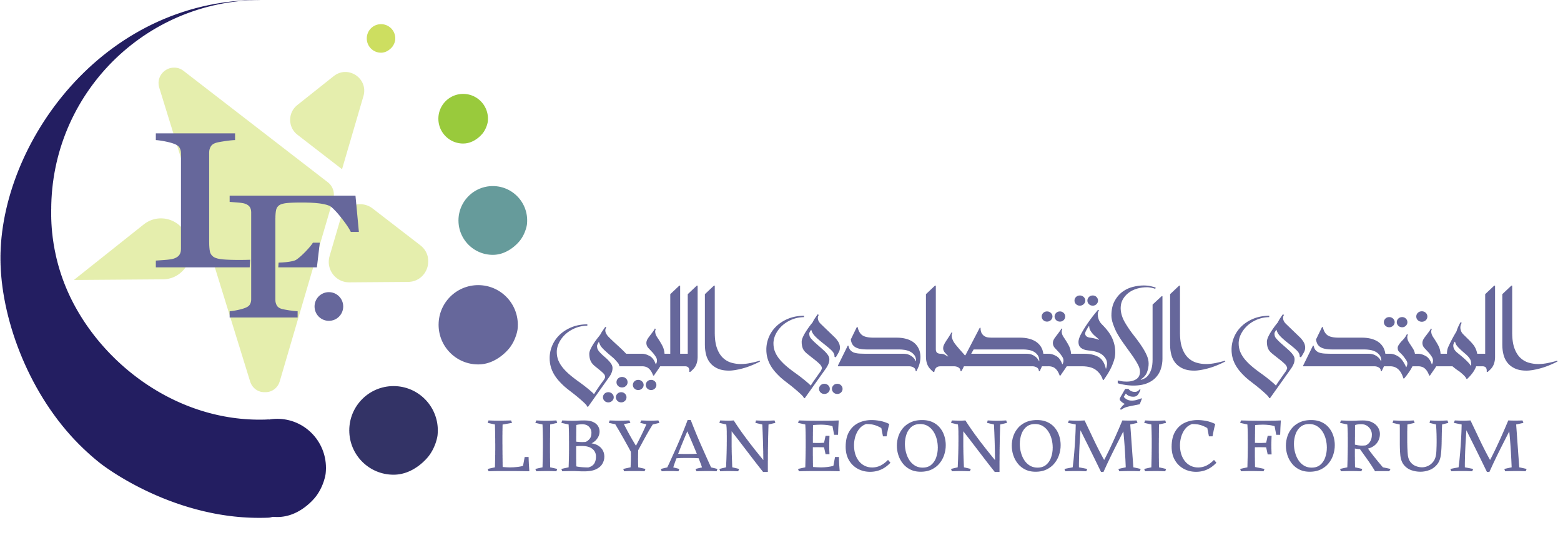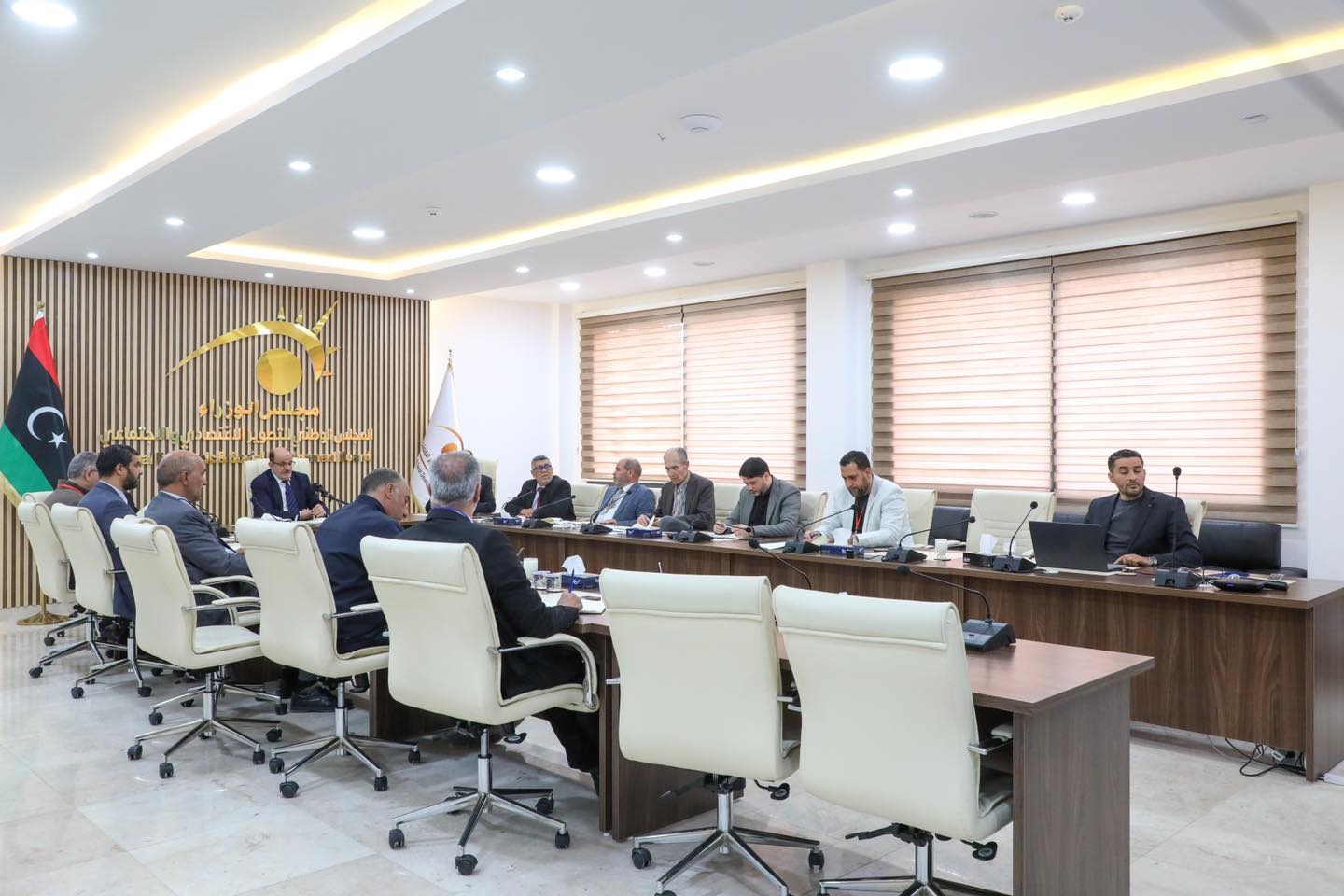
Comprehensive Strategy for Developing the Insurance Sector
Project Objectives
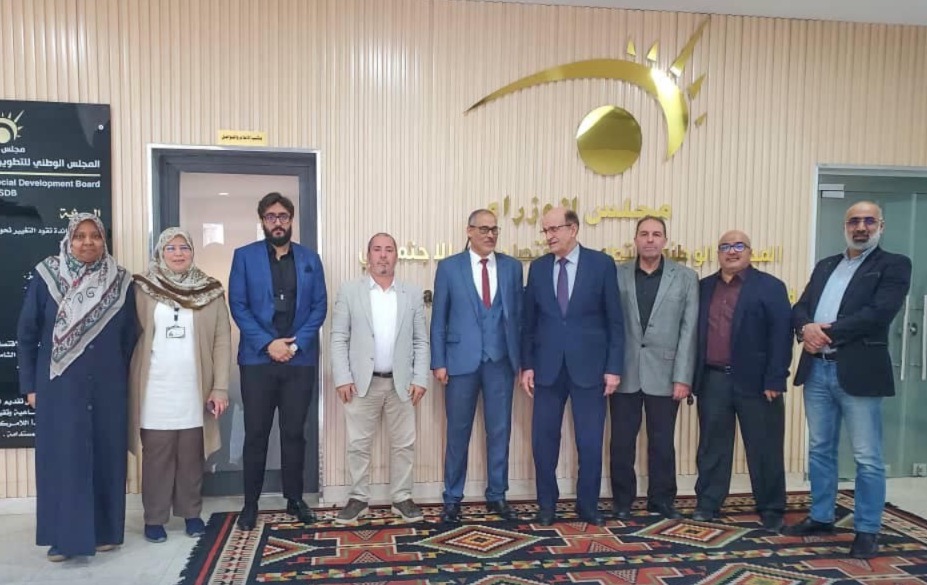
The National Strategy for Mineral Resource Management
Project Objectives
- Maximize the benefits of the mineral resources sector in developing the national economy through its contribution to the Gross Domestic Product (GDP).
- Apply the highest technical standards for regulating and monitoring mining activities, and benefit from international expertise and experiences to improve and develop the sector.
- Achieve regional development and create real job opportunities.
- Design mechanisms to encourage investors and create an attractive environment that ensures safe investment conditions.
- Draft and develop balanced legislation that is sustainable and fair, ensuring development while preserving the environment.
- Establish an independent entity dedicated to the mineral resources sector, capable of implementing the proposed strategy.
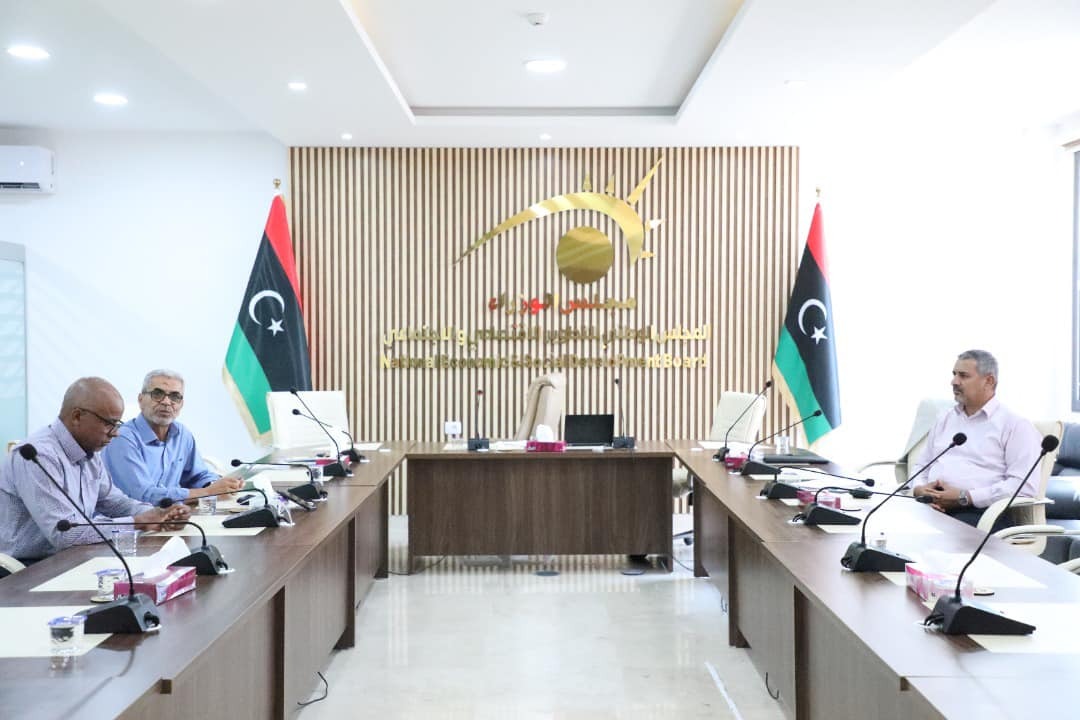
مشروع الهوية الرقمية
أهداف المشروع
1. مراجعة العديد من نظم إدارة الهوية الرقمية المنفذة ببعض البلدان الأخرى واختيار أفضل الممارسات المتوافقة مع السياق الليبي تقنياً ومؤسسياً واجتماعياً الأهداف
2. تعريف الجهات ذات التعامل مع إصدار واستخدام وتأمين الهوية الرقمية للمواطنين، وتحديد مسؤولياتها، والتنسيق بينها لاضطلاع كل منها بمسؤولياتها الإدارية والتقنية والتشريعية تجاه الإصدار والتحقق، واستغلال الهوية الرقمية ضمن مختلف الخدمات الرقمية المتاحة للمواطنين والهيئات
3. تصميم نظام بيئي(ecosystem) لإصدار محفظة الهوية الرقمية الآمنة للمواطنين.
4. تعريف المكونات الفنية للهوية الرقمية ومسارات الإصدار والتحقق والاستخدام الآمن للهوية الرقمية للمواطنين.
5. تحديد معايير التشفير وآليات التخزين الآمن لبيانات الهوية الرقمية لحماية خصوصية وسلامة البيانات الشخصية والمالية لطالبي الخدمات الرقمية.
6. تحديد المتطلبات الفنية والإدارية لتنفيذ نظام الهوية الرقمية واقتراح نماذج عمل لتجسيد نظام الهوية الرقمية في قطاعات معينة.
7. مراجعة تصاميم قاعدة البيانات الوطنية؛ لتتكامل مع متطلبات مشروع الهوية الرقمية واقتراح ما يلزم لتطويرها.
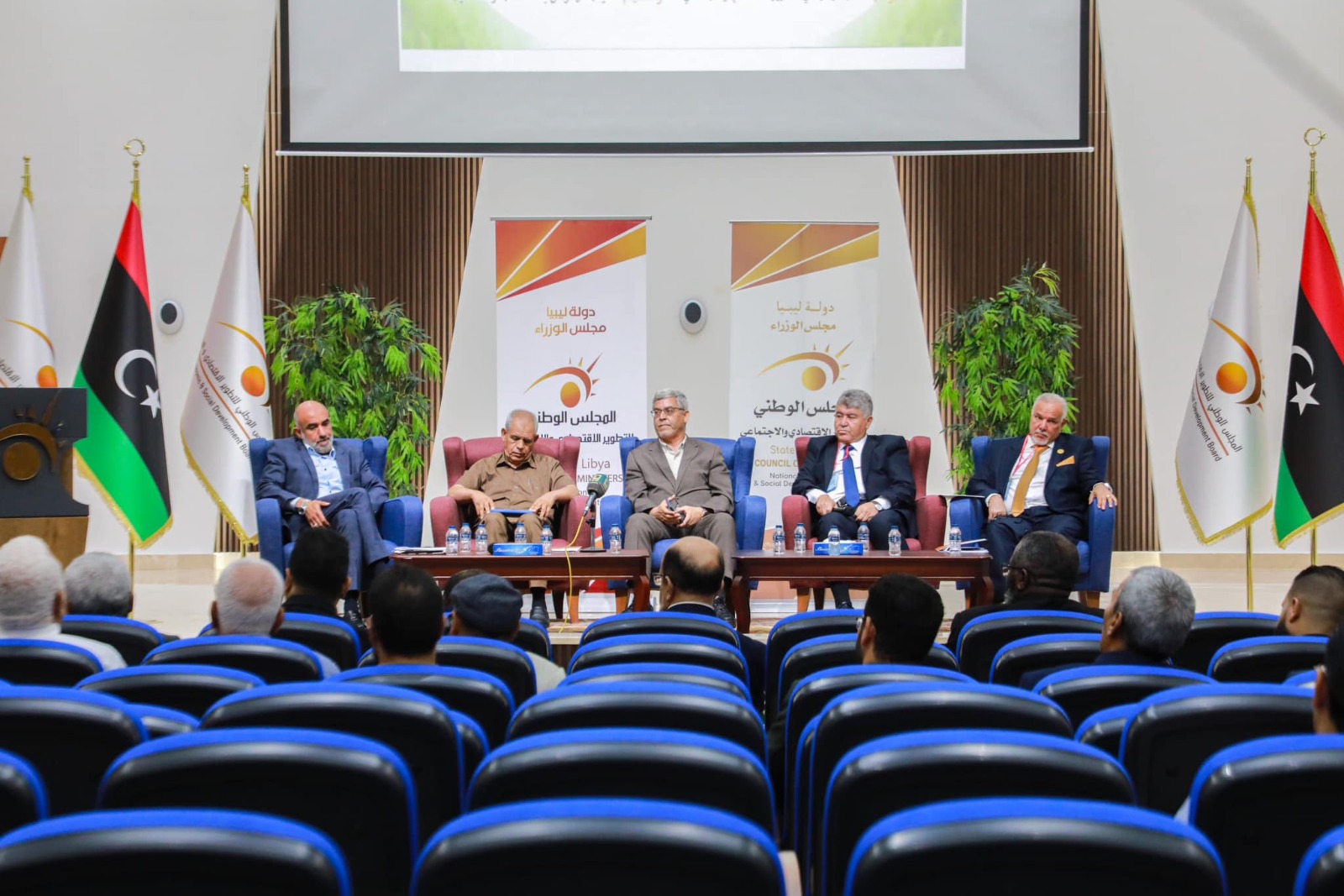
National Strategy for Reform and Development of the Industrial Sector "Towards Cleaner Production"
Project Objectives
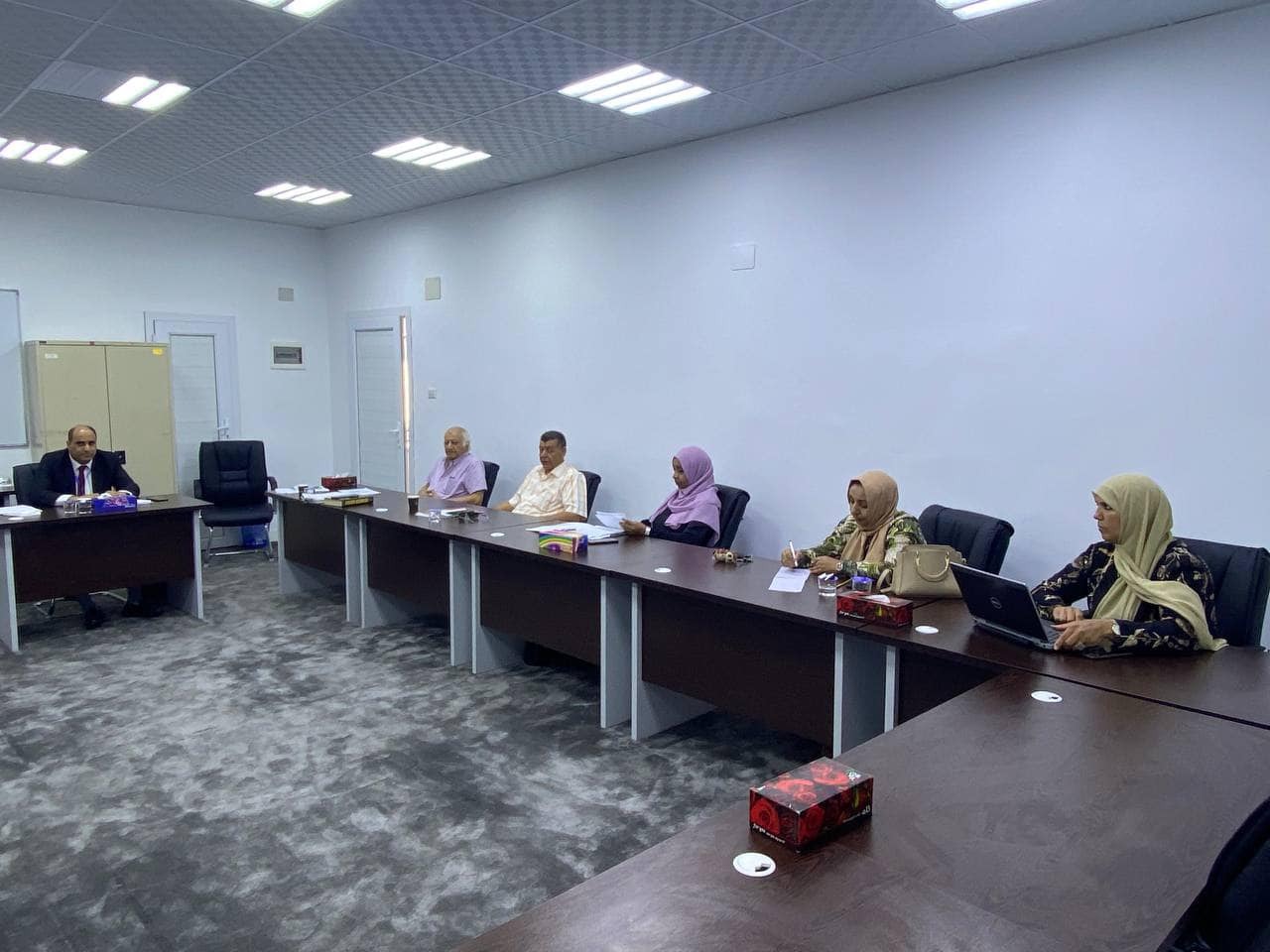
Developing the Accounting and Auditing Profession in Libya
Project Objectives
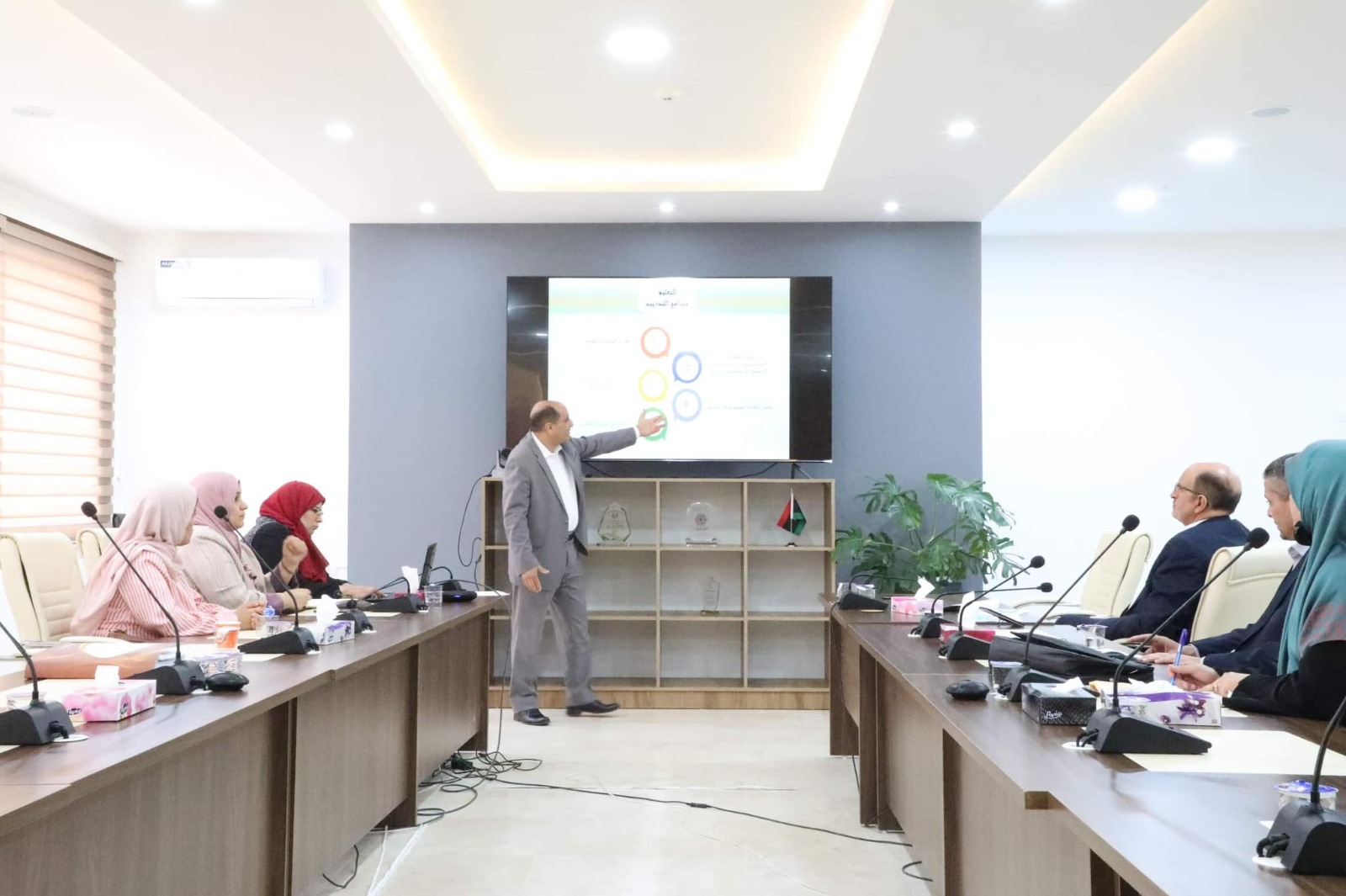
Comprehensive Strategy for Developing the Statistics System in Libya
Project Objectives
- Develop a national scientific methodology centered around best practices to improve coordination among stakeholders involved in statistical work.
- Ensure the provision of comprehensive and high-quality data.
- Utilize technology in statistical work.
- Strengthen the coordination of the national statistical system in alignment with international organizations specializing in statistical work.
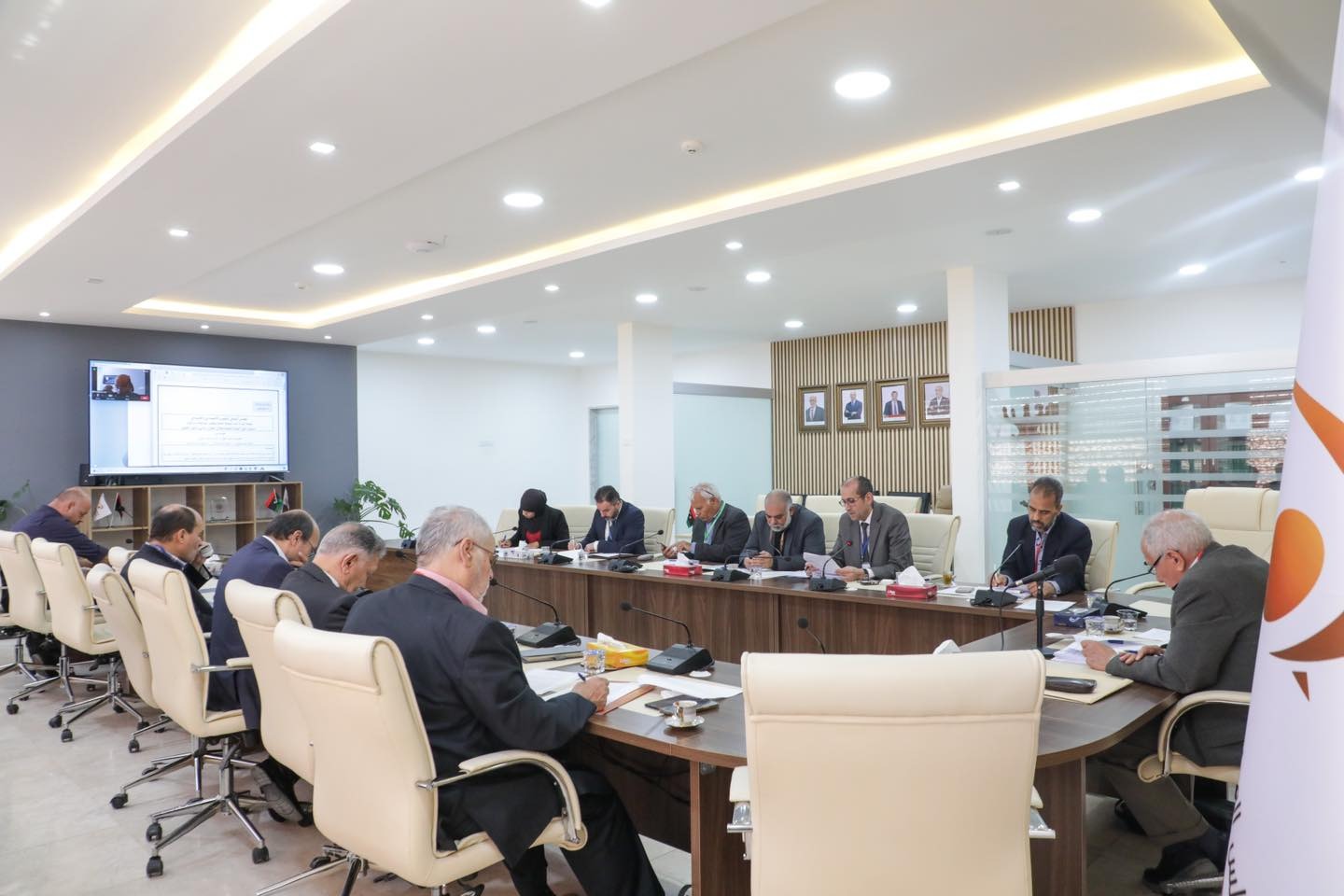
Strategy for Reform and Development of the Transportation and Transport Sector
Project Objectives
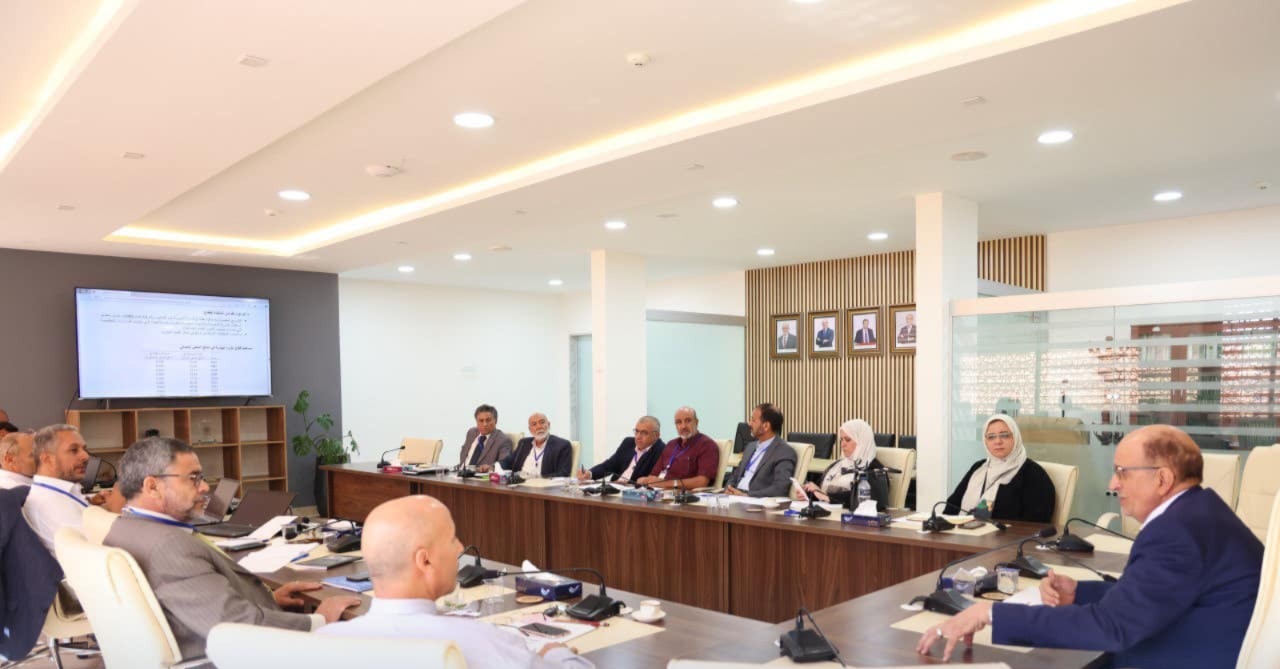
Project: Economic Diversification Policies
Project Objectives
- Study and analyze the current situation of economic sectors and identify promising sectors in the national economy.
- Develop reform policies for the promising sectors to increase their contribution to the non-oil GDP, provide job opportunities, and achieve balanced and sustainable economic and regional development.
- Raise societal awareness about the importance of the project and the urgent need to diversify the Libyan economy.
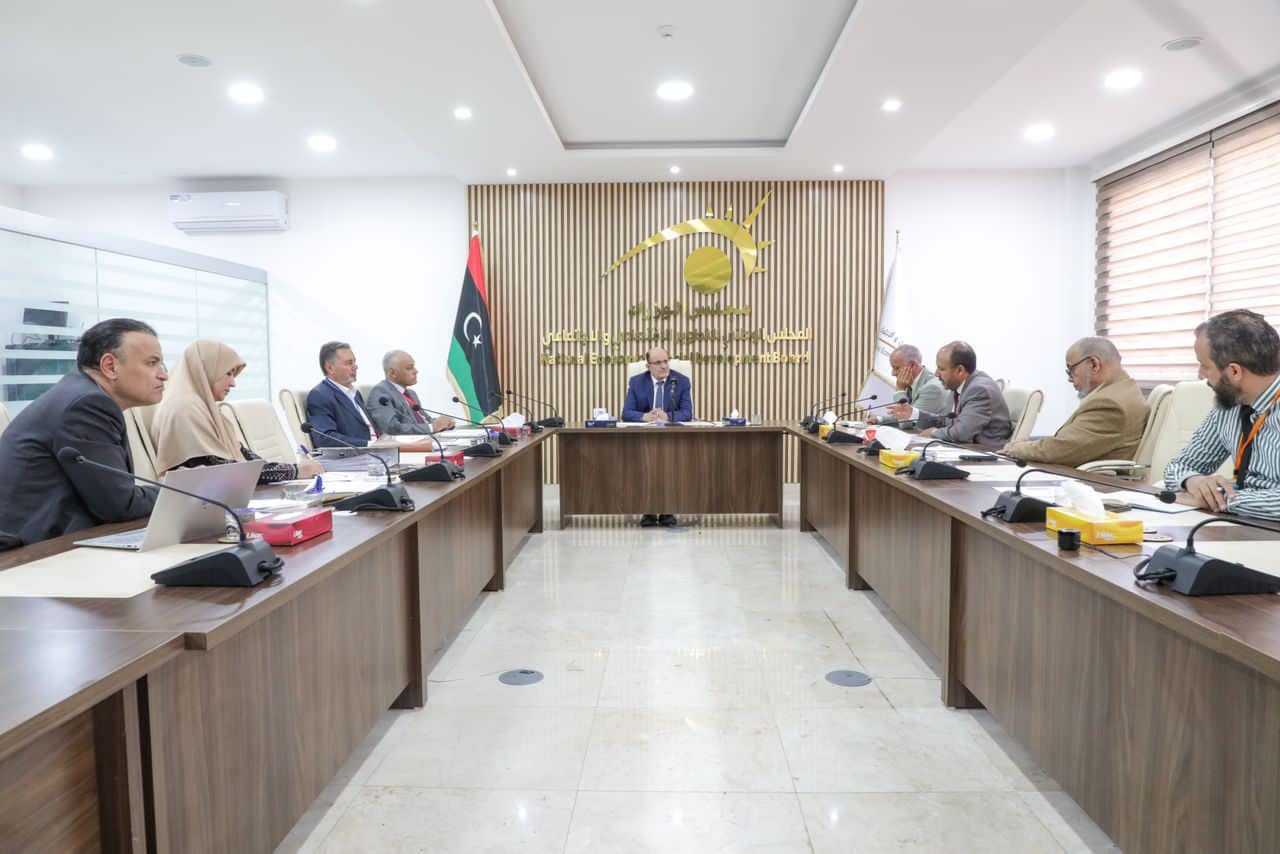
Urban Planning System Reform and Development
Project Objectives
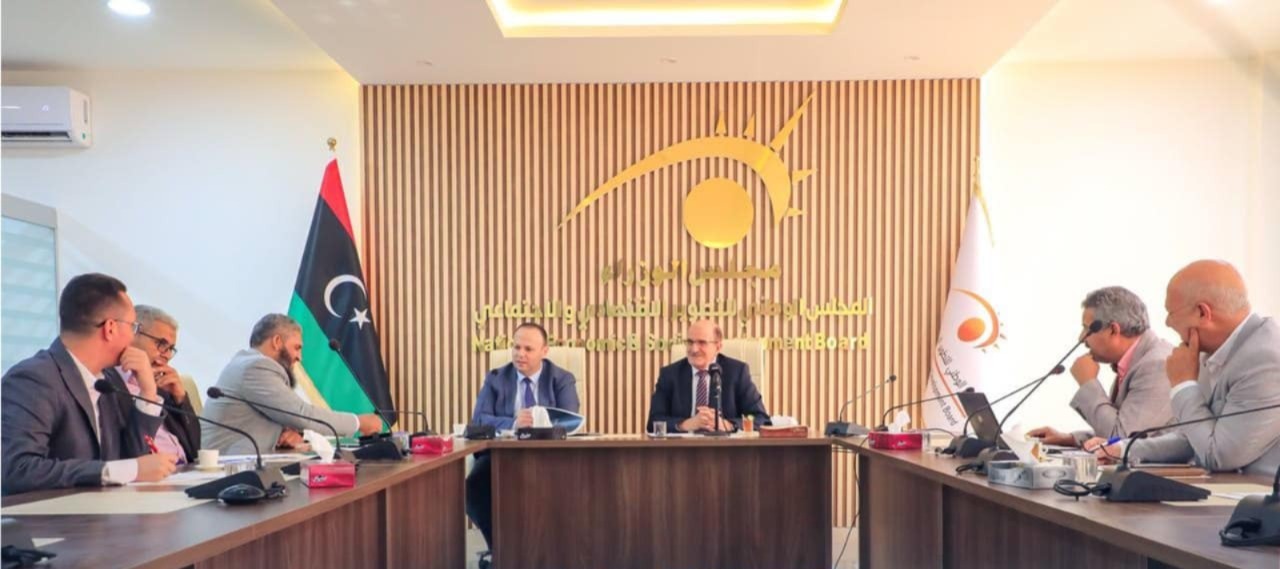
National Strategy for Government Digital Transformation 2023-2030
Project Objectives
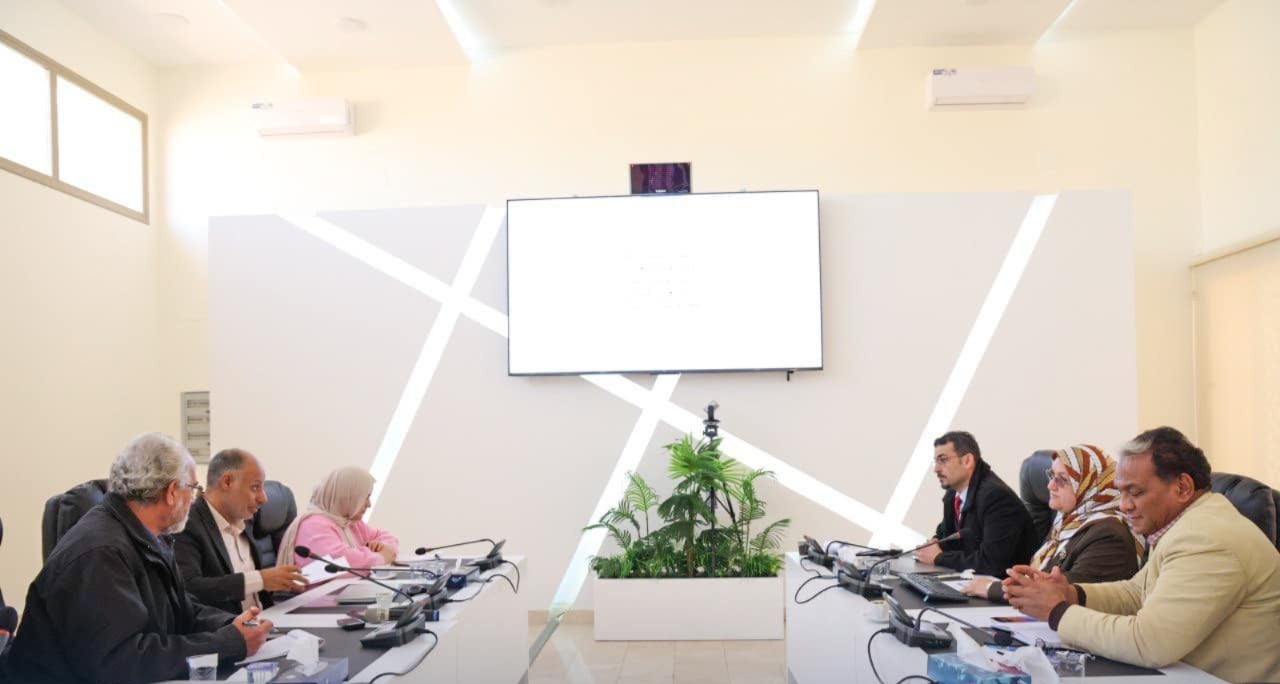
The National Water Security Strategy 2025 - 2050
Project Objectives
- Reforming the legal and institutional framework: Modernizing the sector, clarifying roles and responsibilities, ensuring sustainability of institutions, enhancing accountability, and increasing citizen trust.
- Restoring the balance between water supply and demand: Ensuring sustainable water supplies to meet the needs of health, economic, agricultural, and environmental development by 2050.
- Achieving financial sustainability: Balancing full cost recovery with government support for vital infrastructure (the Great Man-Made River, desalination plants, and treated water) while protecting vulnerable groups.
- Ensuring fair and transparent regulation: Establishing an independent regulatory body to monitor the performance and costs of water and sanitation services and report on them.
- Providing effective water and sanitation services: Achieving full coverage for all municipalities with continuous, high-quality water supply and minimal water loss.
- Reducing non-revenue water (NRW): Reducing water loss due to leakage and limiting illegal use to 25% by 2050.
- Managing and safely treating wastewater: Protecting the environment and maximizing the supply of treated water for reuse.
- Increasing the contribution of non-traditional water resources: Promoting local reuse, water collection, and harvesting, and updating and developing laws and regulations related to groundwater.
- Improving energy efficiency and expanding renewable energy use: Reducing and rationalizing energy consumption, and increasing the use of renewable energy in water sector operations.
- Enhancing sector governance and institutional development: Strengthening accountability, transparency, and public trust through the application of legal and institutional reforms.
- Promoting innovation and private sector participation: Introducing technology, knowledge transfer, and private sector involvement to improve water management and deliver high-quality, efficient services.
- Building resilience and addressing climate change: Integrating climate data and adaptation measures into the water sector strategy and management.

The National Framework for Future Skills and Jobs Project
Project Objectives
- Provide a common understanding of the skills and future jobs between labor market institutions and various educational and training institutions to work in harmony and integration with each other.
- Contribute to the development of developmental policies that lead to reducing the unemployment rates of university graduates and those from intermediate and higher institutes, enhancing their competitive opportunities in the labor market.
- Contribute to guiding educational and training institutions to develop their specializations, achieving a high degree of alignment between their outputs and the labor market requirements, and enhancing the competitiveness of graduates in light of rapid developments in technological, economic, and social fields, as well as changes in the business environment and the evolving matrix of future skills and jobs.
- Develop a national framework for future skills and jobs, based on labor market requirements, defining references to control terms and concepts, and achieving the following:
- Finding common ground to ensure scientific and technical integration and coordination between educational and training institutions.
- Contributing to providing a unified vision and guiding those responsible for the educational and training process to develop educational and training programs and curricula at educational and training institutions, incorporating future skills into the educational system.
- Identifying the characteristics and features of the jobs provided by each specialization, and the package of competencies, knowledge, and skills associated with it, to keep pace with sustainable development requirements in line with labor market demands.
